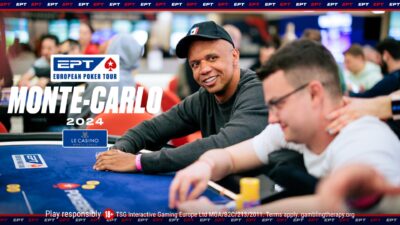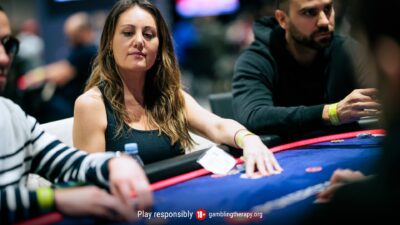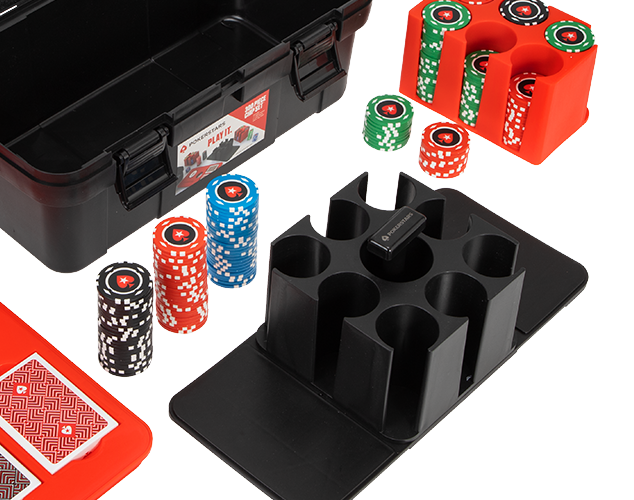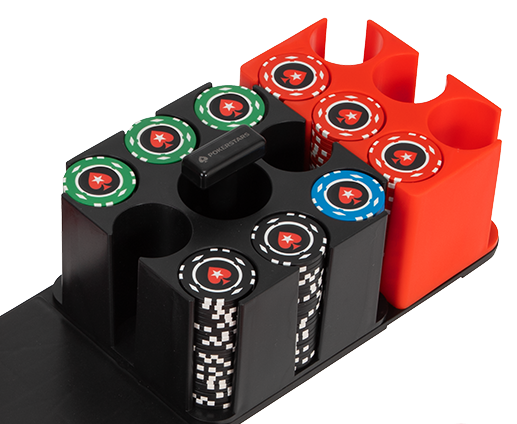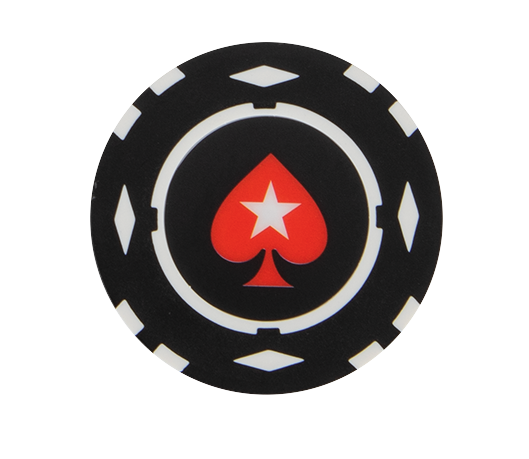Excerpts from Lance Bradley’s The Pursuit of Poker Success, in which the award-winning poker journalist interviews 50 leading players to find out what drives them to achieve their success.
For his book The Pursuit of Poker Success, Lance Bradley spoke with World Series of Poker bracelet winners, World Poker Tour champions, online poker wizards, and some of the best cash game players on the planet. Bradley asked each to describe how they found success in a game that can be humbling for so many.
In the following excerpts, Liv Boeree, Jason Mercier, Greg Merson, and Brian Rast all address the different ways they cope with the emotions of playing poker, including how they handle tilt.
Liv Boeree
Getting her mind right before a tournament has become a key part of day-to-day life for Boeree. She’s uses modern technology to guide her through a practice that is thousands of years old.
“Before I play, I do try to meditate. I have this fun little app called Calm on my phone. It just adds five or 10 or 15 minutes of calmness to my day. There’s some of them I usually work on during the daytime, but I usually do something on focus or determination or something like that because that’s what I typically tend to struggle with if I’m specifically just playing live poker for 12 hours or something. Then I try and work out in some way, get some kind of physical activity in, because if I don’t, I’m just more inclined to tilt.”
Jason Mercier
The early stages of Jason Mercier’s poker career — before it was even a career — were similar to the first few months for anybody with a competitive side that finds the game. Moments of excitement and success were followed up by fits of frustration as variance or inexperience took their turn. Mercier was a very competitive athlete as a kid and losing didn’t sit well with him.
“One of the things that I definitely struggled with early on was my emotions. Even in my attempt to get Supernova, in the first few months I was just incredibly frustrated or tilted throughout losing sessions. I would break things, throw things and it took a lot of discipline and a lot of hours at the tables to kind of overcome that and realize that I need to keep my emotions in check and to be much more even-keeled if I want to make a living. Those those mistakes and emotional swings were only affecting my bottom line.”
It was a process I had to go through on my own. I definitely had some sessions where I lost a lot of buy-ins or a lot of all-ins. I would go back over the session and look at some of the hands that I played and realized I stacked off too light and I’d look and see the hole in the wall next to my computer because I slammed something into the wall. There’s a lot of moments where I just had to sort of tell myself that I can’t be doing this anymore.”
Greg Merson
Winning the WSOP Main Event comes with life-changing money, but Greg Merson didn’t stop playing or putting the hours after he won. Most importantly, Merson simply loves playing poker, but it’s more important that he’s just not driven by winning more money. He wants to perfect the parts of his game that other players consistently struggle with.
“It’s not even monetary results, because monetary results are always changing based on the games, the sites you’re playing on. You can’t control how much you make because so much of that is out of your hands — what soft spots are playing and what tough regs are playing and whatnot.”
“The consistency of trying to never tilt, basically trying to be a robot is the ultimate chase. I have spent 12 years of my life trying to make myself emotionless at the table. I don’t care what anyone says like, ‘Oh, they never tilt’ — everyone is a human, so you’ll have some little flare-ups of emotion when you play. That constant chase of trying to be perfect is one of my biggest motivating factors.”
Brian Rast
Despite what poker lore says, very few players are winning players right away. The game takes time to learn and it’s during the first years of playing that Rast says players need to understand exactly what variance looks like and how to deal with it. If players can recognize it, they’ll be better prepared to learn from it and eventually control it.
“I think a lot of people when they start playing poker, and one of the things everyone notices if you are a beginner or an amateur, is there just a lot of ups and downs — in the course of even one night, forget about session to session. You win this part, you lost that part, you suck out, you get real lucky, you get super unlucky and just dealing with that and realizing that a lot of that is out of your control. You just need to focus on playing the best you can. That type of thing is just a continual work in progress, especially for someone in the first five years of playing. One of the biggest leaks people have, even all the way up to great players, is once things are going bad and they start tilting and there’s suddenly a big difference in their earn rate. Getting past that is a gradual thing that I feel I learned I was able to do.”
“I’m not saying that I never tilt now, but it’s just one of those things that you recognize this pattern exists. That’s one of the first steps and then, how are you going to deal with that? What are the things that are triggering you to be upset? How can you game plan for those things?”
The Pursuit of Poker Success is available in paperback, as an e-book, and as an audio book at D&B Poker.
D&B Publishing (using the imprint D&B Poker) was created by Dan Addelman and Byron Jacobs 15 years ago. Since then it has become one of the leading publishers of poker books with titles by Phil Hellmuth, Jonathan Little, Mike Sexton, Chris Moorman, Alexander Fitzgerald, Dr. Patricia Cardner, Martin Harris and more, all of which are available at D&B Poker.
Back to Top

